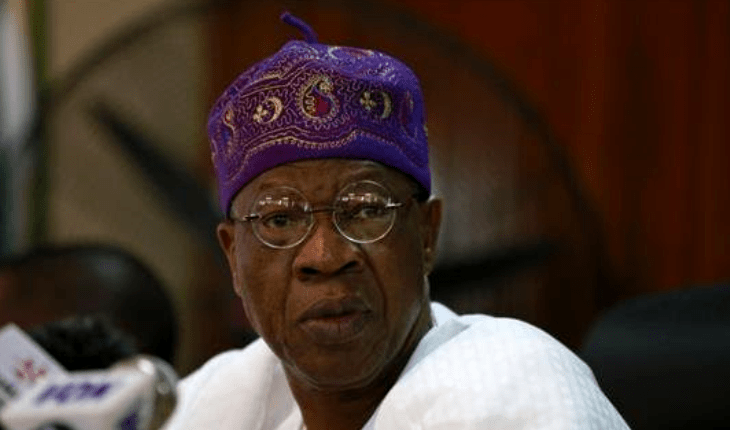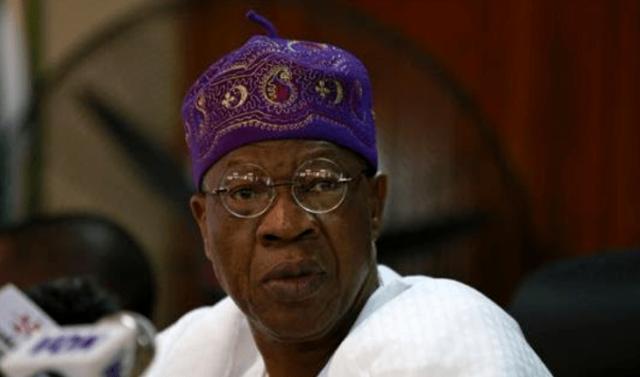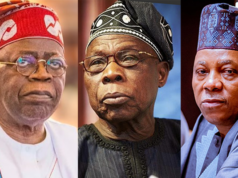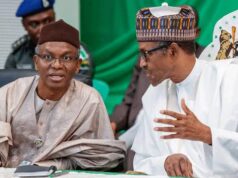
Lai Mohammed, minister of information and culture, is hoping to reintroduce the National Broadcasting Commission (NBC) Act amendment bill through the executive bill route, TheCable understands.
The bill seeks to empower the commission with the power to regulate social media, internet broadcasting, fix tariffs for pay television services, among other functions.
According to insiders privy to the development, Mohammed’s first step towards the reintroduction of the amendment as an executive bill will be executed on Tuesday at a meeting in Benin, Edo state.
The meeting will be attended by officials of the ministry of information, the NBC and the National Information Development Agency (NITDA), among others.
TheCable understands that the meeting is a smokescreen to indicate that there was wide consultation of industry stakeholders before the presentation of the executive bill to the national assembly.
Insiders say the executive bill will be simultaneously presented to both chambers of the national assembly and an accelerated passage will be carried out.
PREVIOUS FAILED ATTEMPTS
On August 4 2020, the information minister had launched the sixth national broadcasting code in Lagos, despite industry-wide opposition.
Speaking during the launch, Mohammed had said the code was”signed, sealed and delivered”.
Industry stakeholders had branded the code as agenda-driven, noting that they were excluded from making inputs before it was finalised.
Jason Njoku, CEO of IrokoTV, described the code as “quasi-socialism” and a means of subsidising inefficiency in the industry.
A few days after the launch of the code, Ikra Aliyu Bilbis, chairman of the NBC board, said the information minister amended the code “unilaterally”.
In June 2021, the house of representatives attempted to amend the laws establishing the NBC and the Nigeria Press Council (NPC).
The bills passed second reading and public hearings before they were suspended following public outrage.
Both bills were sponsored by Olusegun Odebunmi, a federal lawmaker representing Ogo Oluwa/Surulere constituency.
At the public hearing of the bills, civil society organisations and media stakeholders rejected a major part of the amendment, citing attempts to shrink civic space in the country.
Akin Akingbulu, executive director of the Institute for Media and Society, said NBC should not be receiving directives from the minister.
“The power to give directives to the commission, vested in the minister of information in section six should be removed and replaced with powers which include policy formulation for the broadcasting sector,” he said.
Lanre Arogundade, executive director of the International Press Centre, had said the proposed amendment will make NBC remain politically motivated.
LAI AND THE QUEST TO REGULATE SOCIAL MEDIA
On several occasions, CSOs and media stakeholders have rejected amendments to the NBC code by the Muhammadu Buhari administration.
The amendment seeks to give NBC the power to regulate content on social and online media in Nigeria, including licencing them.
It also seeks to regulate content exclusivity, enforce content sharing and empower NBC to determine prices at which content is sold to sub-licensees by right holders.
Since his appointment as information minister, Mohammed has continually called for the regulation of social media.
In October 2020, the minister said social media will destroy the country if the federal government does not regulate it.
In August 2021, the minister again said the federal government will not rest until social media platforms are regulated.







